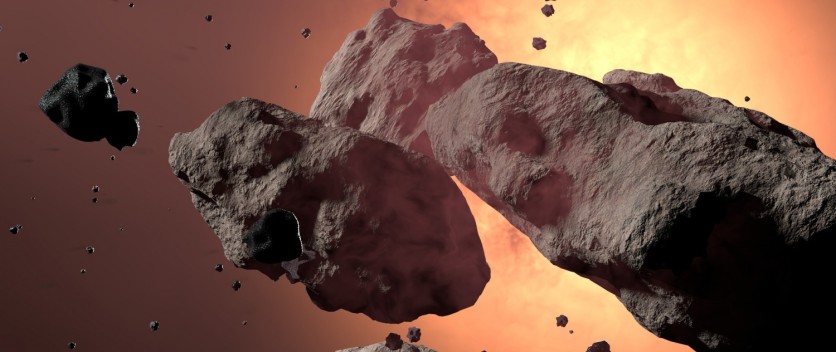The Japan Aerospace Exploration Agency did not let time pass by after obtaining its samples from Asteroid 'Ryugu' via its recent Hayabusa2 mission that collected rock samples from the speeding object. The study released its initial findings now, bringing massive information on how life on Earth started, as the researchers believe these are building blocks to civilization.
Asteroid Ryugu Contains Secrets to the Earth and Life's Origins

According to a release by JAXA, the Ryugu asteroid that is floating around in space may have originated from the comet nucleus, and it is a potent source of information. The nucleus among cells is known to be the central part of the genomes, containing much crucial information regarding a particular species or object that science may explain.
The nuclear origin of Ryugu contains the amino acids essential to creating or starting a life here on Earth, and the space rocks contain information regarding the source of all living organisms on the planet. However, this discovery is only the beginning, as it is in the early part of the study, with this information being the start of new data from the space rock.
Read Also : Ryugu Asteroid Samples Explain A LOT About the Universe and its Origin, Researchers Claim
Initial Analysis from JAXA Sees Promising Answers
According to SciTechDaily, the researchers celebrate their discovery as a win for humanity and its quest to discover more of life's origins, as shown via JAXA's study data. These are promising answers to the question, "how did life on Earth start?" It aims to bridge more of the scientific data from space that bring clues to what the study tries to uncover.
Ryugu and the JAXA Mission
Hayabusa2 brought the world many possibilities and hope regarding explaining more of the life on the planet and how it started during the ancient times when the universe was only beginning to form itself. The mission started in 2014, and it arrived on the Ryugu to collect rock samples which only returned to the planet last 2020 after its completed mission.
The scientists and research team behind this have already collected the samples immediately, but it was not until 2022 that they had promising results of what they analyzed from the space rock. The samples are only one part of the clue to the planet and life's origins in space, significantly as some other reasons and factors contributed to this civilization's birth.
JAXA's mission was a success early on in its investigation, not because it brought rock samples from the Hayabusa2 mission intact, but because its results are promising as to what the researchers envisioned.
The researchers are not yet done in their quest to know more about life here on the planet, and it aims to discover more using the samples that are available to them. Humanity's knowledge is only in its initial steps towards knowing more of the elements that made it up.
Related Article : Asteroid 'Ryugu' Findings May Provide Clues How Life Started on Earth
This article is owned by TechTimes
Written by Isaiah Richard
ⓒ 2025 TECHTIMES.com All rights reserved. Do not reproduce without permission.




